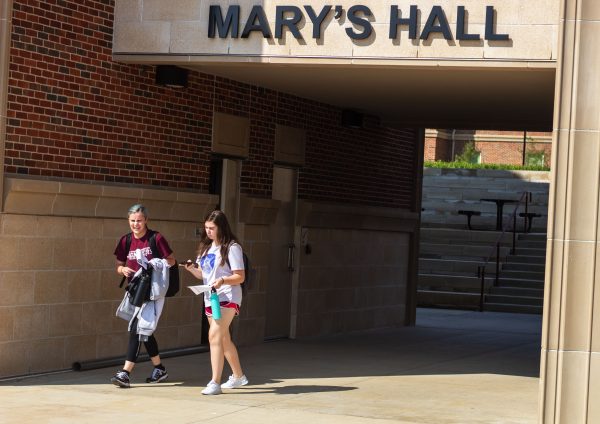With threats from President Trump to shut the government down again in just a few weeks or declare a national emergency to fund border security, The Lasso takes a closer look at what another shutdown could mean for Texas residents.
The government shutdown is over – for now. Jan. 25, President Trump ended the longest partial government shutdown in history, agreeing to a short-term funding bill to reopen the government. The reprieve might be short-lived, however, as the U.S. could face another shutdown Feb. 15. If the 17-member bipartisan committee tasked with devising a border security package that will pass Congress and meet the president’s demands fails, about 25 percent of the government will once again be without enough funding to continue normal operations. Trump has also said he could declare a national emergency, which would allow him to reallocate funds among departments, to fund border security.
The shutdown, which lasted from Dec. 22, 2018, to Jan. 25, 2019, was prompted by Trump and lawmakers’ inability to come to terms on an appropriations bill that would fund the government for 2019. Negotiations stalled in large part because Congress did not meet Trump’s demands for $5.7 billion in funding to build a physical barrier along the southern U.S.-Mexico border.
With the state of the U.S. government uncertain, The Lasso explores what another shutdown could mean for the more than 1 million Texans reliant on federally funded programs for financial support.
What widely used services could be affected by another shutdown?
- SNAP and WIC could face funding losses
- Certain FAFSA applications that rely on federal database matches may be delayed
- Tax return turnaround time remains uncertain, as the IRS is still dealing with the backlog from the first shutdown
- National parks, museums and monuments will be shut down again
SNAP and WIC
Dr. Jennifer Danley-Scott, an adjunct government professor at TWU, said that, given state reliance on federal funding, programs like SNAP and WIC could be among Texas programs hit the hardest.
“SNAP and WIC are the first that come to mind for our state,” Danley-Scott said in an email to The Lasso. “SNAP is allocated backup funds in case of a situation like this, but the reserve isn’t enough to cover more than a month, if that.”
Danley-Scott said that, despite SNAP being state-run, its funding comes from the federal U.S. Department of Agriculture.
“If Agriculture’s appropriation bill isn’t passed, the states may not get what they need for March,” Danley-Scott said. “Either way, the uncertainty would be a tremendous stress to families.”
FAFSA
While the U.S. Department of Education is fully funded for 2019, applicants that require status verifications through affected agencies could experience delays. Affected database matches include Selective Service registration confirmations and verification of eligibility status for certain noncitizens.
“Each agency has posted informational memos stating that their websites will not be actively managed during the shutdown, information on their websites may not be up to date, and transactions submitted through their websites may not be processed,” the National Association of Financial Aid Administrators website listed in reference to the ’18-’19 closure.
Given that these database match errors occurred during the December shutdown, it is likely that another would create the same issues.
Tax refunds
Taxpayers expecting refunds are urged to file as soon as possible, as changes in this year’s tax code coupled with delays created by the last shutdown are already creating uncertainty about turnaround time. While refunds are being accepted, another shutdown could mean a halt in refunds altogether, unless furloughed Internal Revenue Service workers agree to return to work without pay.
Local projects
Local infrastructure projects that rely on federal funding could face delays in the event of a shutdown or a loss of this year’s funds if Trump re-allocates department money through the declaration of a national emergency.
“Locally, I would look at the money set aside for Texas flood mitigation projects, like the Lewisville Dam,” Danley-Scott said. “The Army Corp[s] of Engineers announced they would finally have the money to begin fixing the issues that cause seepage around the dam back in 2015. Our politicians fought hard for Texas’ $5 billion allocation, so I’m sure they’d like to see it stay here.”
Bottom line
The details of another shutdown remain hazy, as much of the impact depends on the length of time that certain government agencies remain unfunded. Students are encouraged to reach out to on-campus and local agencies for immediate assistance or inquiries.
Students with questions about FAFSA applications can reach out to the TWU Financial Aid office or FAFSA directly at 1-800-557-7394.
Hunger-threatened students can stop by the TWU Food Pantry in Suite 200 of TWU Denton’s Old Main Building to receive assistance. No application or appointment is required.
Taxpayers can reach the IRS with questions about returns at 800-829-1040 or check the status of a refund here.






Be First to Comment